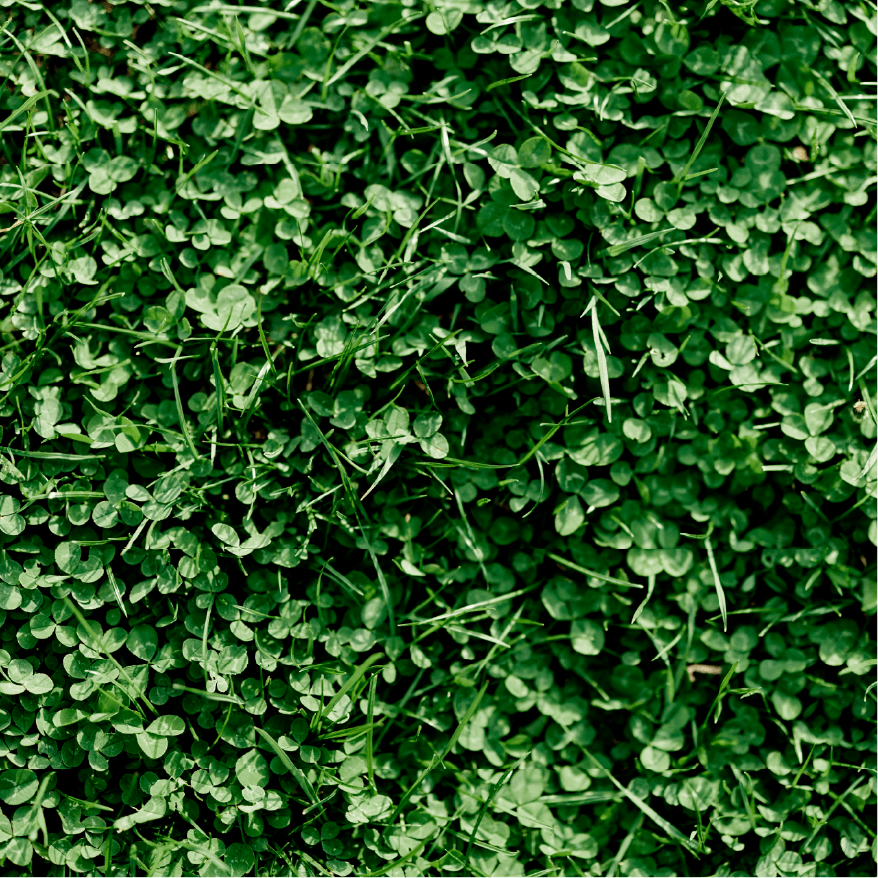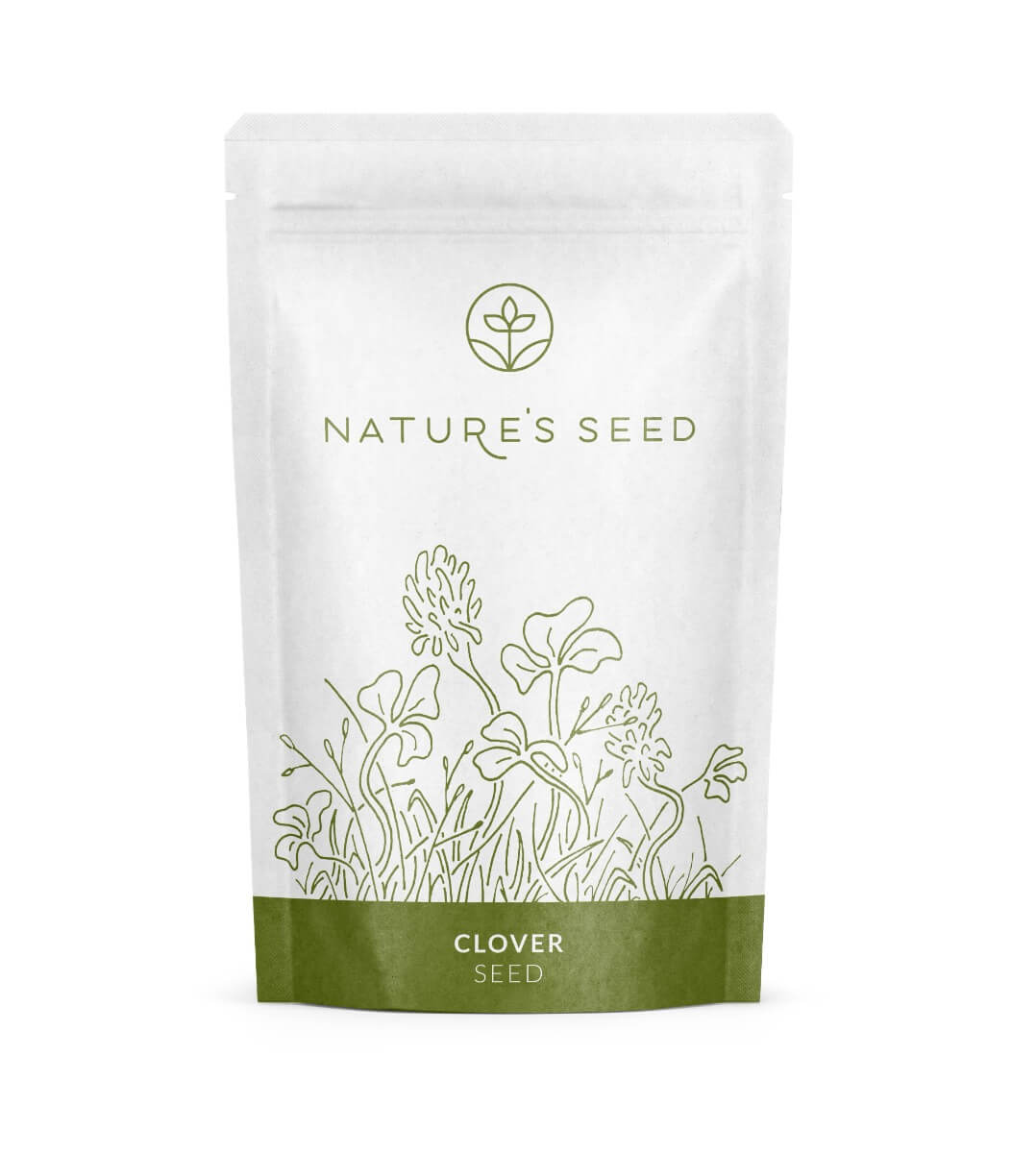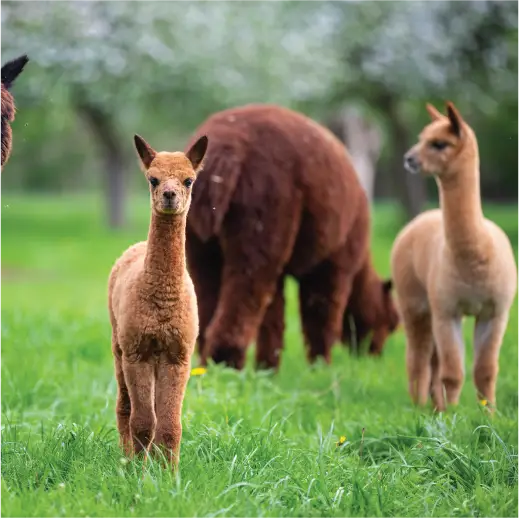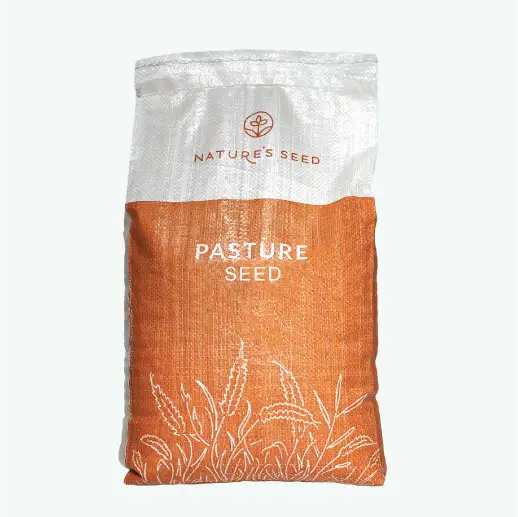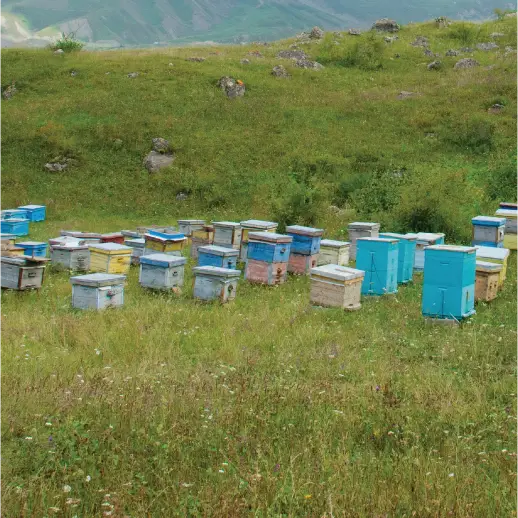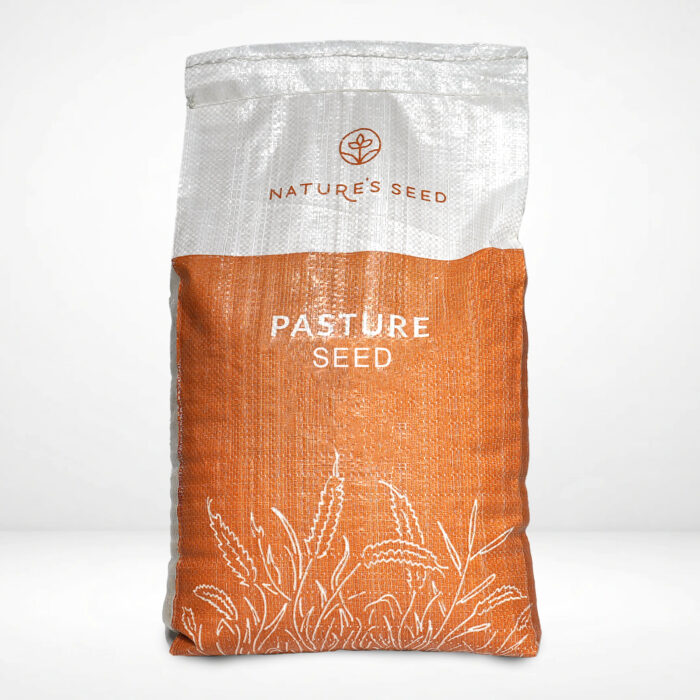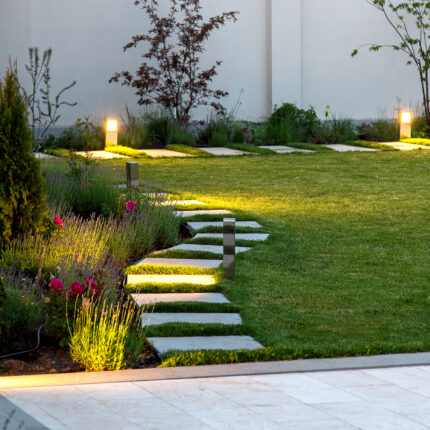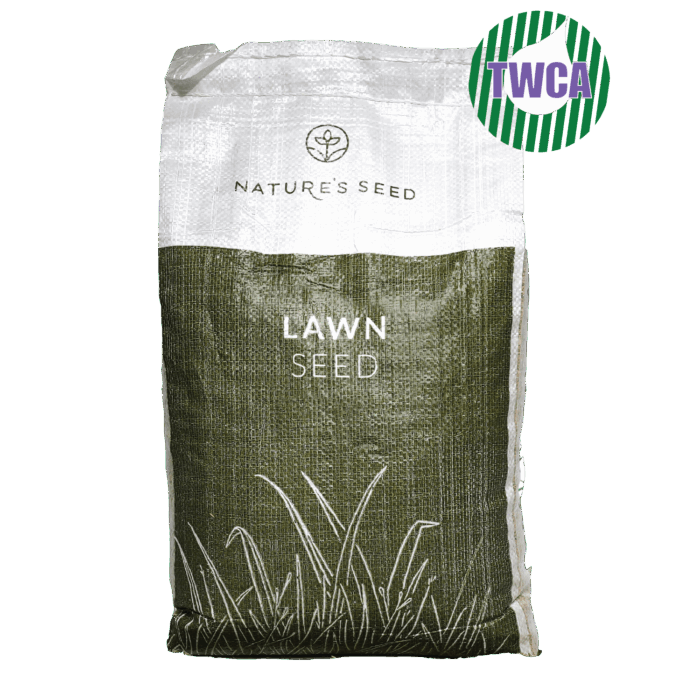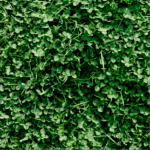
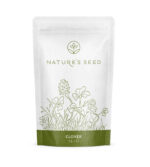
What is Micro Clover Seed
Micro Clover (Trifolium repens ‘Pipolina’) is a dwarf white clover forming a lush, low-maintenance lawn alternative. This hardy perennial stays green from spring through fall and naturally fertilizes your soil. It’s pet and family-friendly, creating a chemical-free play area.
Specifications
Sun Requirement
Full sun
Soil Preference
Adaptable to clay or sandy loam; needs well-drained soil
Soil pH
6.0–7.0
Time to Maturity
60–90 days
Height when mature
3–6 inches tall
Seeding Rate
~1 lb per 1,000 sq. ft.
Planting Depth
≈1/8 inch; not deeper than 1/4 inch
Micro Clover Seed
Trifolium repens 'Pipolina' | SKU: S-MICRO
Does This Product Grow Well in Your Region?
Check your region
$44.99 – $189.99Price range: $44.99 through $189.99
Select Quantity
Why Choose This Seed?

Drought Tolerant & Low Maintenance
Micro Clover is a waterwise, sustainable lawn solution that remains green from spring through fall with minimal irrigation. It thrives with far less water and care than a traditional grass lawn.
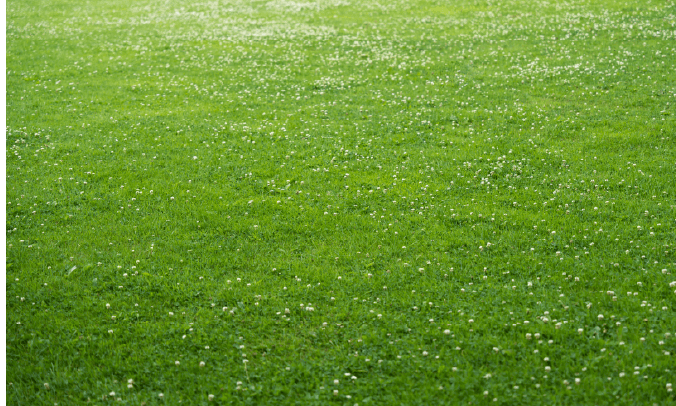
Dense Weed Suppression
Its naturally dense, even growth habit crowds out broadleaf weeds, creating a carpet-like turf. It requires only minimal mowing to train it to stay low, saving you time while keeping weeds at bay.
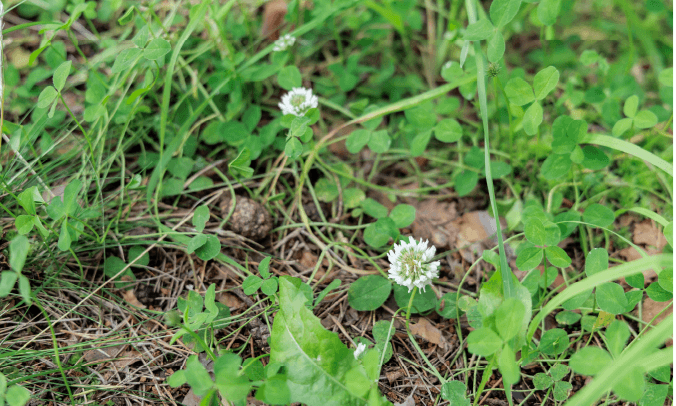
Soil-Enriching Nitrogen Fixer
As a legume, Micro Clover draws nitrogen from the air and enriches the soil. It fertilizes itself and neighboring plants, eliminating the need for chemical fertilizers and improving overall soil health.
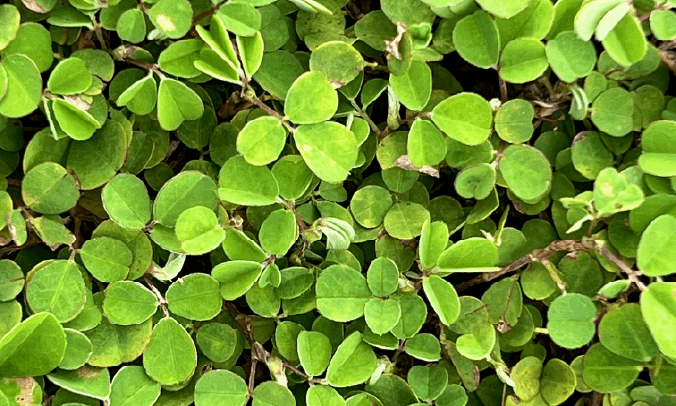
Soft & Resilient Turf
Micro Clover creates a soft, cushiony lawn that stands up to foot traffic. Its dwarf foliage forms a durable, deep-green mat that is perfect for high-traffic areas like yards, parks, or play spaces, while remaining comfortable underfoot.
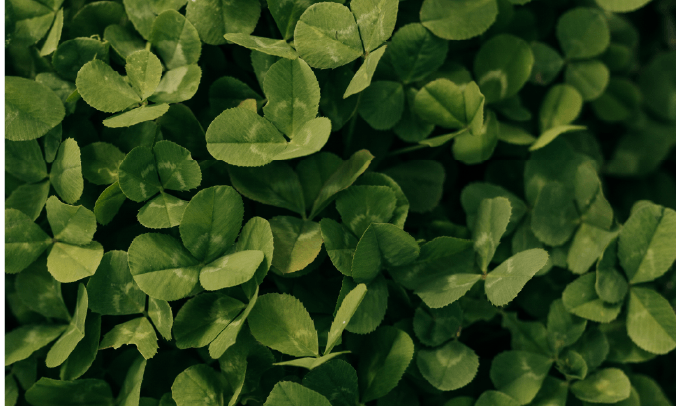
Chemical-Free Lawn Care
A Micro Clover lawn naturally resists pests and weeds, meaning you won’t need herbicides or pesticides. Its thick root system outcompetes weeds and even helps break up compacted soil, providing a healthy, eco-friendly yard with no harmful chemicals.
Seed Description
Product Details
Sun/Shade
Prefers full sun; tolerates partial shade
Height
~3–6 inches tall
Seeding Rate
About 1 lb per 1,000 sq. ft.
Uses
Low-maintenance lawn alternative or overseed mix-in for grass; ideal for home lawns, sports fields, parks, dog runs, slopes and erosion control areas.
Color
Deep medium-green foliage; produces small white clover blooms in late spring/summer (few flowers, as ‘Pipolina’ is a shy bloomer)
Water
Low to moderate water needs – high drought tolerance once established. Requires far less watering than traditional grass.
Native/Introduced
Introduced species – Micro Clover is a variety of white clover native to Europe, now naturalized in North America
Life Form
Perennial herb (legume family). Short-lived perennial in some climates, but self-seeds modestly; often acts as a long-lasting groundcover with proper care.
Product Uses
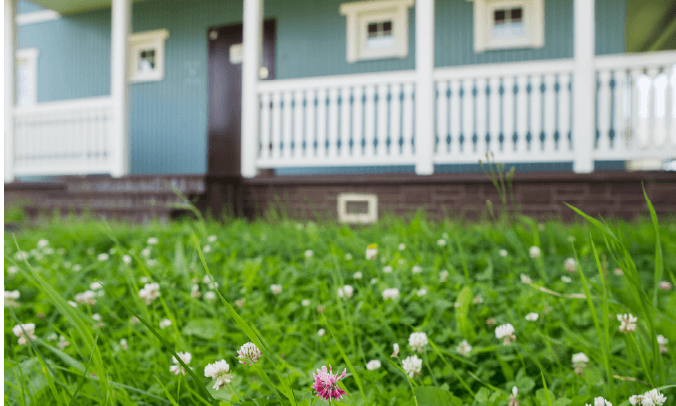
Residential Lawns & Gardens:
Create a lush, eco-friendly lawn that stays beautifully green with minimal upkeep. Ideal for families, pets, and homeowners who want a soft, durable turf without constant mowing, watering, or chemicals.
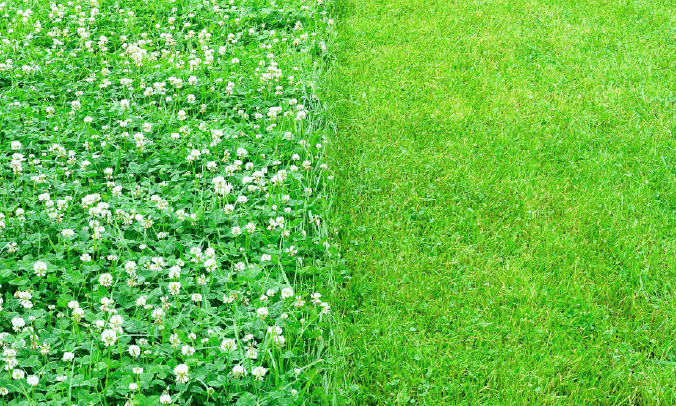
Mixed Pasture & Agricultural Cover Crop
Incorporate Micro Clover into pasture mixes or agricultural cover crops to naturally improve soil health and fertility. It fixes nitrogen, reduces fertilizer costs, and boosts forage quality for livestock.
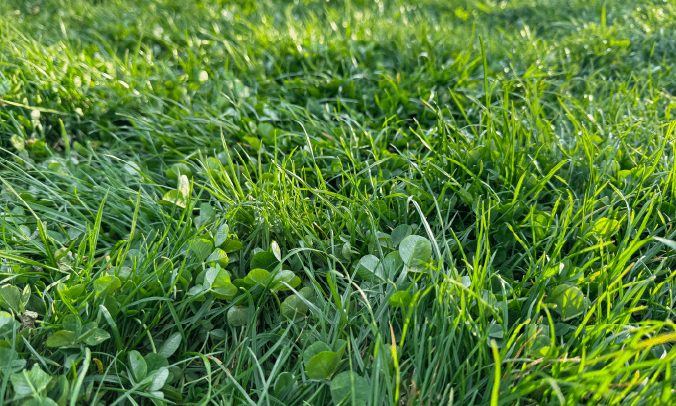
Sports Fields & High-Traffic Areas
Establish durable, resilient ground cover on sports fields, parks, and playgrounds. Its dense, low-growing habit withstands moderate foot traffic while staying thick, green, and healthy year-round.
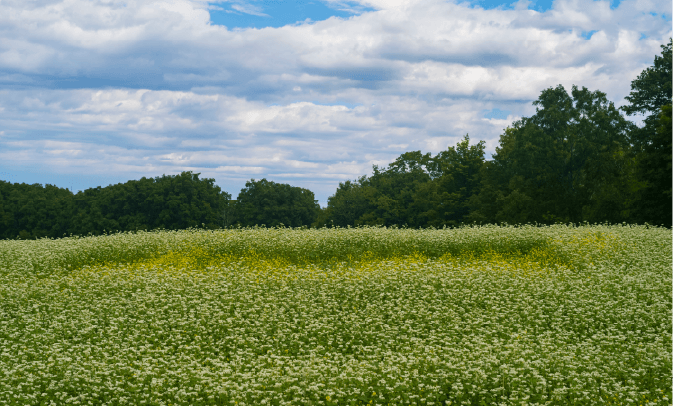
Erosion Control & Sloped Landscapes
Use Micro Clover to stabilize slopes, banks, and erosion-prone areas. Its dense root system quickly establishes a protective ground cover that helps reduce soil runoff and maintain landscape integrity.
Commercial & Municipal Landscaping
Enhance commercial landscapes, municipal parks, and public spaces with a low-maintenance turf solution. Micro Clover significantly cuts down landscape maintenance costs while promoting sustainability and visual appeal.
Questions & Answers
What is micro clover, and how is it different from regular white clover?
Micro clover is essentially a miniature cultivar of white clover (Trifolium repens). The ‘Pipolina’ micro clover has leaves about one-third the size of common white clover and a dwarf growth habit. Unlike regular white clover, it flowers much less (“shy bloomer”), so your lawn will have fewer clover blossoms and a more even, manicured look. It also tends to stay shorter (around 4–6 inches max) whereas regular clover can grow taller if not mowed. Overall, micro clover offers the same benefits as white clover (like nitrogen fixing and durability) but with a finer texture and lower profile in lawns.
How tall does micro clover grow, and do I need to mow it?
Left unmowed, micro clover will only reach about 3–6 inches in height at full growth. Many people find that acceptable as a lawn height. You can choose not to mow at all, or mow just a few times a season to keep it ultra-low. Micro clover tolerates mowing very well – in fact, occasional mowing (for example, keeping it around 2–3 inches tall) encourages it to stay dense and maintain its dwarf form. Regular mowing is not required like a grass lawn (which might need weekly cuts); with micro clover you might only mow a handful of times per year, or as little as you desire to maintain your preferred look.
Does micro clover produce flowers, and will it attract bees?
Yes, micro clover is a type of white clover, so it does produce the small white clover flowers – typically in late spring to early summer. However, micro clover blooms far less than common white clover (hence being called a “shy bloomer”). Fewer blooms mean your lawn won’t be full of flowers, which in turn greatly reduces the number of bees compared to a regular clover lawn. If you prefer to avoid any bees entirely, you can simply mow off the flower heads when you see them. Mowing at a low height (2–3 inches) regularly will prevent most flowering. For most people, the occasional white bloom is not a nuisance, and pollinators generally visit in much lower numbers than they would in a full clover field.
Will a micro clover lawn stay green all year round?
Micro clover stays lush and green through spring, summer, and into fall. In those growing seasons, it keeps its color even during drought stress better than grass does. In winter, though, it will go dormant in cold climates – meaning it can turn brown or lose some color once hard frosts hit. So if you live in an area with freezing winters or snow, expect the clover to brown out in winter (similar to how many lawn grasses go dormant). It will sprout back vigorously in spring. In milder climates (e.g. warm winters in USDA zones 8+), micro clover may stay green longer or year-round. Many people who want year-round green color will mix micro clover with some evergreen grass species, so that when the clover goes dormant the grass still provides some green cover.
How much water and upkeep does micro clover need compared to grass?
Micro clover is very low-maintenance once established. It is highly drought tolerant and generally needs much less watering than a traditional turfgrass lawn. After the initial establishment period, you typically only water it during extended dry spells – it can handle short droughts by going a bit dormant and then green up again with rain. In terms of other maintenance, you do not need to fertilize micro clover at all (it naturally fixes nitrogen from the air into the soil). It also doesn’t require herbicides, because a healthy clover lawn will crowd out many weeds, and broadleaf weed-killers would actually harm the clover. You’ll mow far less – perhaps only a few times a season – or not at all if you’re happy with a slightly taller lawn. Overall, micro clover lawns involve much less mowing, watering, and chemical use than grass lawns, making them an eco-friendly, low-effort choice.
Can I mix micro clover with my existing grass lawn?
Absolutely. In fact, mixing micro clover into a grass lawn is a popular strategy for a greener, healthier lawn. Micro clover was originally developed to be added to turf grass mixes (about 5% of the seed mix) for sports fields to boost turf hardiness and fertility. You can overseed your existing lawn with micro clover seed; it will fill in between grass plants. The clover will continuously fertilize the grass by fixing nitrogen, meaning your mixed lawn stays greener and needs little to no fertilizer. Meanwhile, the grass in the mix provides structure and stays green in winter when the clover goes dormant. The two together make a great team – many commercial lawn seed mixes now include micro clover. Just be sure to still avoid broadleaf herbicides (weed killers), since those don’t distinguish between clover and other “weeds.”
Still have
questions?
Our planting experts
are here to help.
customercare@naturesseed.com
Response time:
Within 1 business day
Reviews
| Dimensions | 4 in |
|---|---|
| Sun/Shade | |
| Est Rate | |
| Texture | |
| Height | |
| Seeding Rate |
Seeding Rate: 1 lb./ 1000 sq. ft. (overseeded into existing grass) |
| Uses | , , |
| Color | |
| Water | |
| Native | |
| Life Form | |
| Topseller Description |
When it comes to growing a beautiful lawn, there's nothing minuscule about the humble microclover. This nitrogen-fixing plant is the unexpected superhero that can transform common problems like lawn patchiness, seasonal decline in greenery, and poor foliage density. Scientifically known as Trifolium repens, there's no question as to why the microclover is such a popular lawn alternative: Not only does it blend nicely with different grass turfs, but it is also simple to cultivate, requires little upkeep, and naturally improves soil health. Microclover seed also pairs well with popular grass seed varieties, including Kentucky bluegrass, perennial ryegrass, and tall fescue. Get your own premium quality microclover seeds from Nature's Seed today. |
| Pounds | |
| Lowest price | |
| Coverage Area | , , |
Related Products
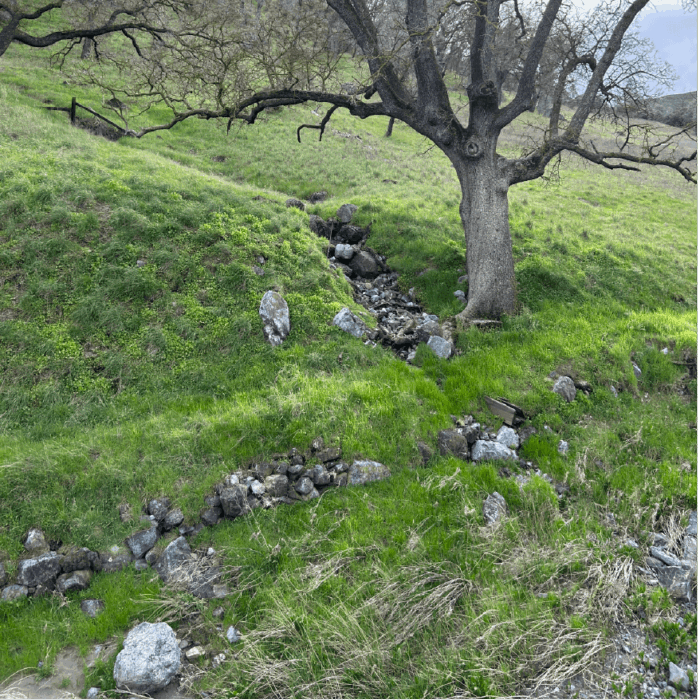
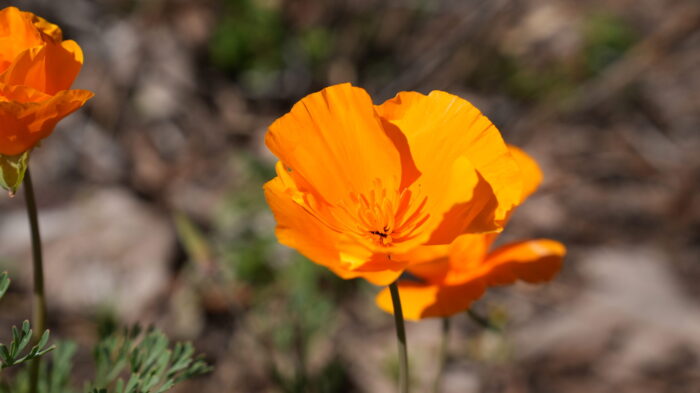
California Native Fire-Wise Mix
(4.7) - 145 reviews
27.25/lb
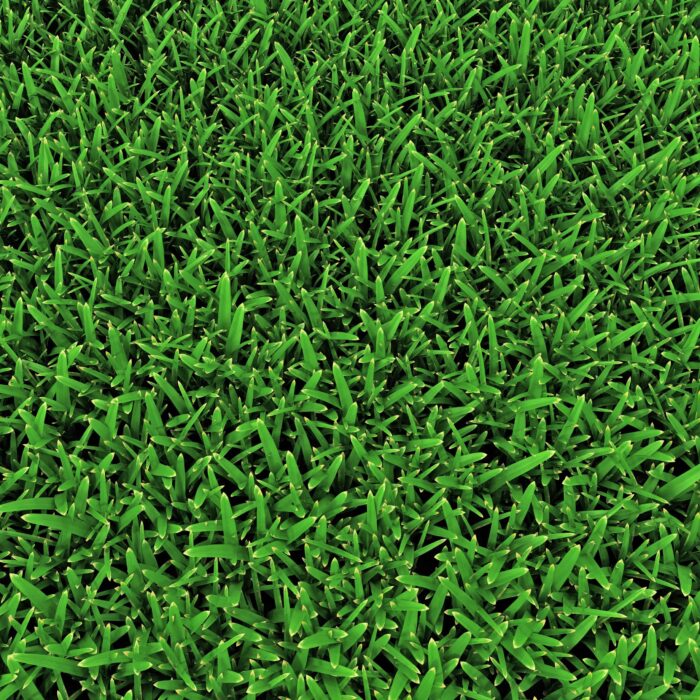
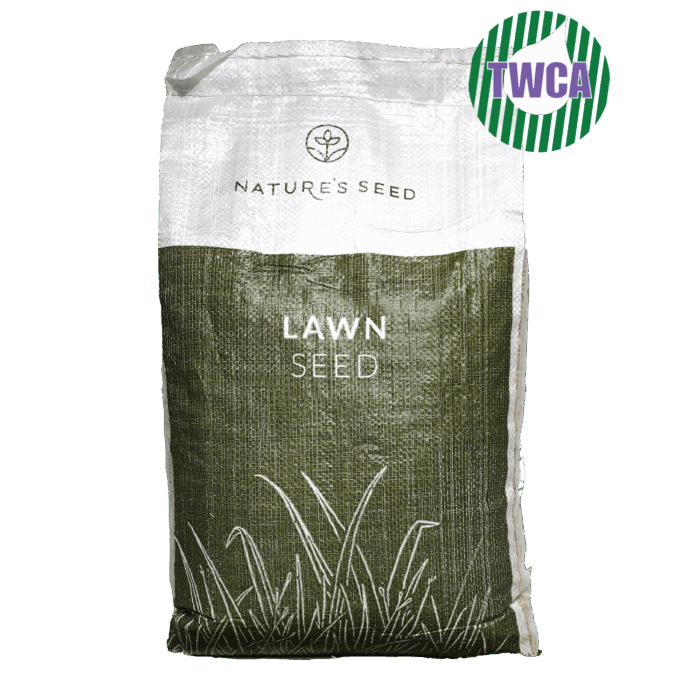
TWCA Water-Wise Sun & Shade Mix
(4.7) - 145 reviews
$39.99 – $149.99Price range: $39.99 through $149.99
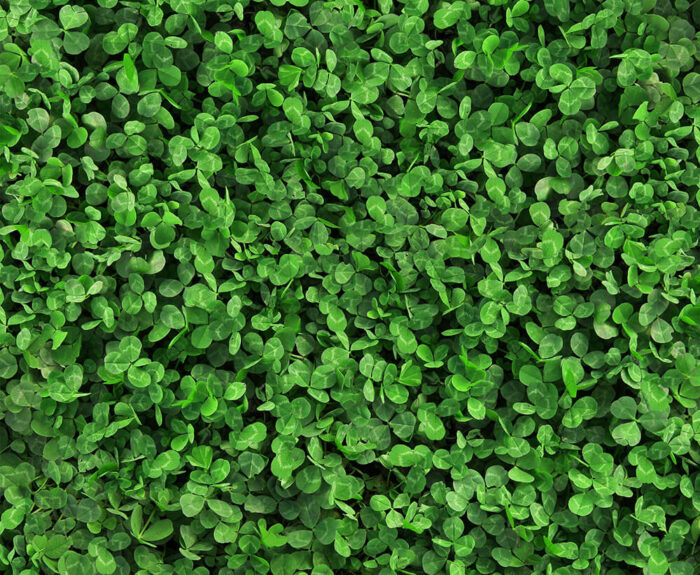
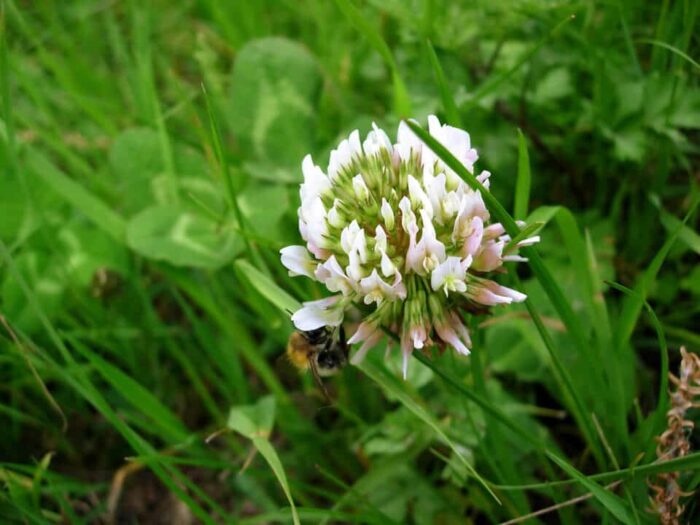
White Dutch Clover
(4.7) - 145 reviews
$7.99/lb
